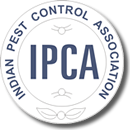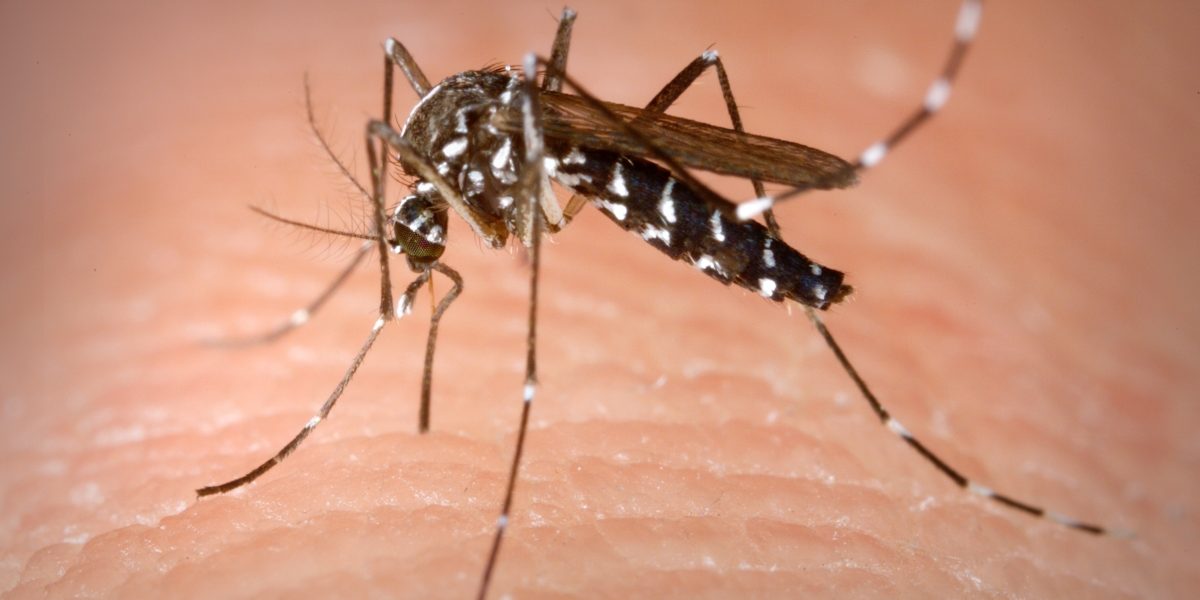Come monsoon and Bangalore experiences a spurt in dengue cases. Dr J Raghu, consultant, internal medicine and diabetologist, Sakra World Hospital says, “Dengue fever is a severe flu that affects mainly older children and adults. Children, tourists and travellers are usually at a high risk for transmission. Dengue mosquitoes (mosquito that have stripes on the legs) bite early in the mornings or late afternoons. The mosquito can survive and thrive in less than 10 ml water.”
Asha Rani, a resident of Kadiran Palya in Indiranagar, who was admitted to a city hospital with dengue says, “My muscles hurt as did my joints, I was throwing up and had a low appetite for days after I recovered. One of my neighbours lost her life to dengue and I was so scared. The effect of the infection stays for almost a month even after recovery.”
Do’s and don’ts for those affected
- Try not to spread the infection.
- Drink plenty of water and fruit juice.
- Avoid oily, spicy and salty food.
- Take rest.
“Avoid aspirin and take paracetamol in case of fever,” says Dr J Raghu.
“Dengue affects the white blood cells and platelet counts. They are like a military system in human body and when affected even superficial injuries heal late; patients may bleed internally and die,” says Dr Mohammed Hakeem, spokeperson, State AYUSH Doctors Association.
Dr Sudha Menon, director of internal medicine, Fortis Hospital, says, “Dengue has no specific treatment. The treatment is in accordance with your symptoms. If there is vomiting, then one is treated for that, if fever is present then medicines are given to bring it down. If fever lasts for 3-4 days, then the blood platelet count has to be checked frequently. If the count comes down to 20,000 and less, then a condition called Dengue Shock Syndrome may strike and the patient will die.”
Symptoms
- Abrupt onset of high fever up to 105 degree
- Severe headache
- Muscle and joint pains
- Loss of sense of taste and appetite, nausea and vomiting
- Measles like rash over chest and upper limbs
Preventive measures
- Cover water containers, remove waste and stagnant water. Make sure water is not stagnating in indoor planters.
- Chemical control – A larvicide (alternatively larvacide) is an insecticide that is specifically targeted against the larval life stage of an insect.
- Biological control – Breeding larvae eating fish.
- To prevent mosquito bites, use mosquito coils/ mats/ mosquito nets/ mosquito repellents.
- Use mosquito screens in windows and doorways









